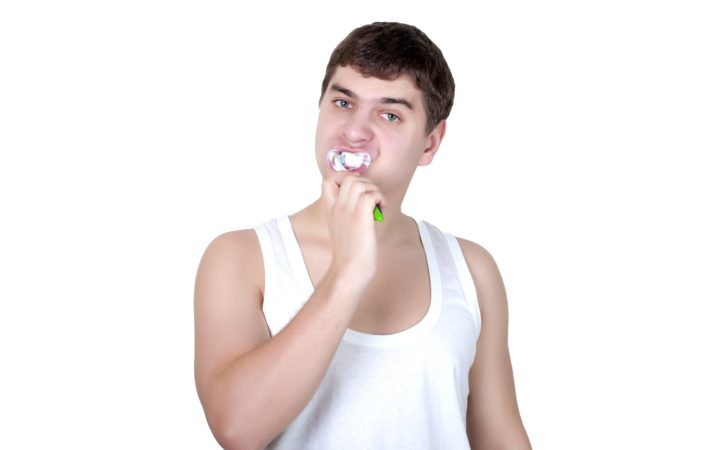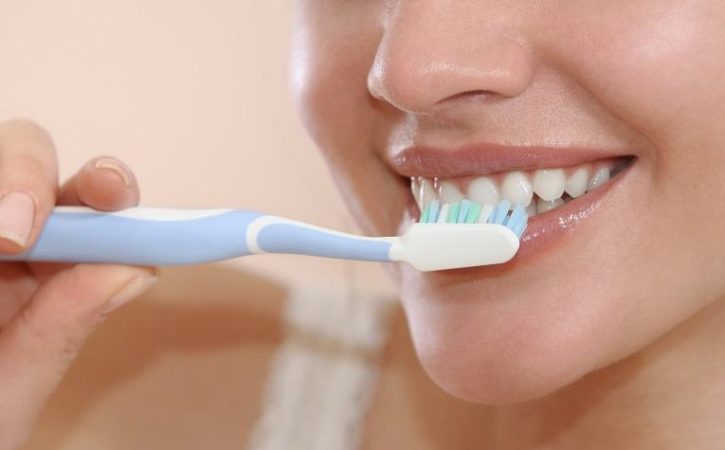While visiting the dentist is always wise, there are several steps which a parent can take in order to safeguard their infant against gum disease. What are three straightforward suggestions to keep in mind?
– Be on the lookout for common symptoms such as redness, bleeding or swollen gums.
– Learn to know the differences between teething and gum issues.
– Clean the gums with a damp cloth after every feeding.
“If your baby has teeth, use a tiny toothbrush with a tiny amount of toothpaste to gently brush their tooth or teeth.”
See what other dentists have to say:
https://yourdentalhealthresource.com/can-infants-suffer-from-gum-disease/



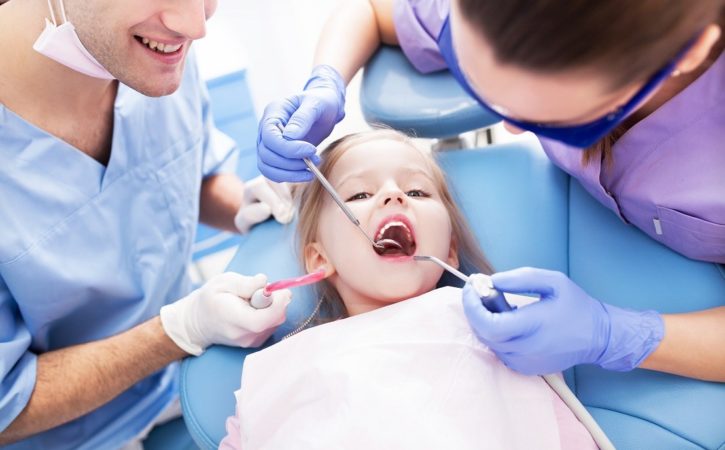
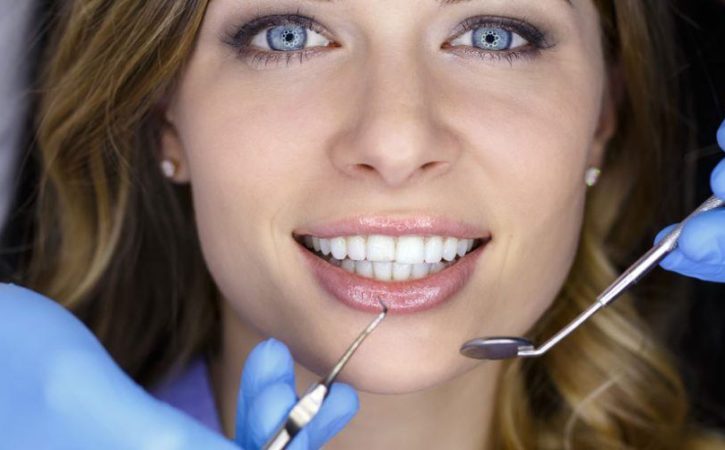
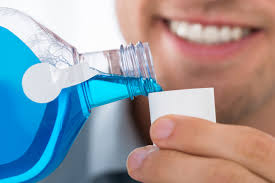
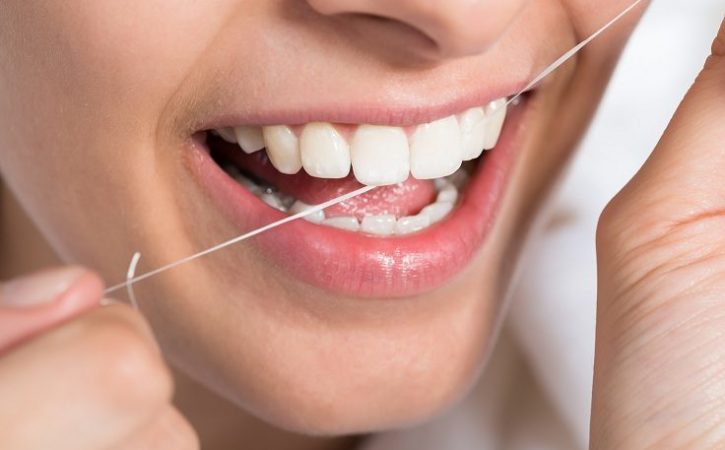
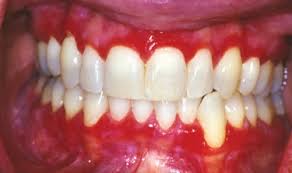 White spots on your gums could be signs of various conditions. It is advisable to see your dentist for a diagnosis to get the correct treatment.
White spots on your gums could be signs of various conditions. It is advisable to see your dentist for a diagnosis to get the correct treatment.
